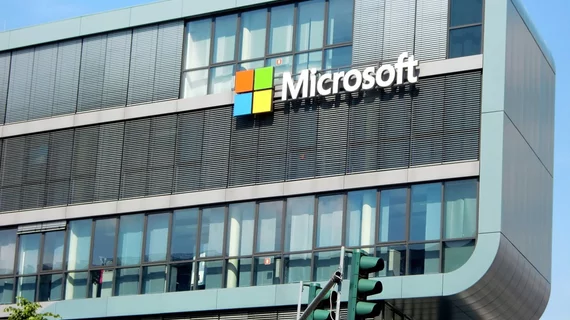Microsoft exec raised in Appalachia calls US healthcare to help ‘make AI serve us all’
Microsoft CTO Kevin Scott surely didn’t see the coronavirus coming when he was writing his new book on AI. But with the title’s April 7 release, he’s perceiving the pandemic as equal parts threat and opportunity.
In an interview running in the Seattle Times, Scott predicts massive job losses “forcing a reckoning in which the public and governments must reimagine core elements of our healthcare system—and sooner than anyone expects.”
As for the opportunity, Scott tells reporter Geoff Baker the pandemic could well spur “a wave of investment and innovation in biotechnology that defines the next 75 years”—much like industrialization modernized society in the 75 years from World War II until now.
According to Baker’s article, Scott’s book, Reprogramming the American Dream: From Rural America to Silicon Valley: Making AI Serve Us All, looks at healthcare AI examples like stroke prediction and biometric-sensing smart rings.
Also interesting in the article is that Scott rose to become a “powerful executive of a global tech leader already applying AI to medical science—including within the coronavirus fight”—despite his humble beginnings growing up poor in rural Appalachia.
Baker suggests Scott’s close familiarity with the two worlds-apart settings gives him a unique perspective on COVID-19.
“I think this moment is going to create a pressure to do things in a different way,” Scott says. “We hopefully will use the moment for good.”
Read the whole thing:

